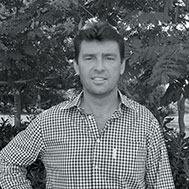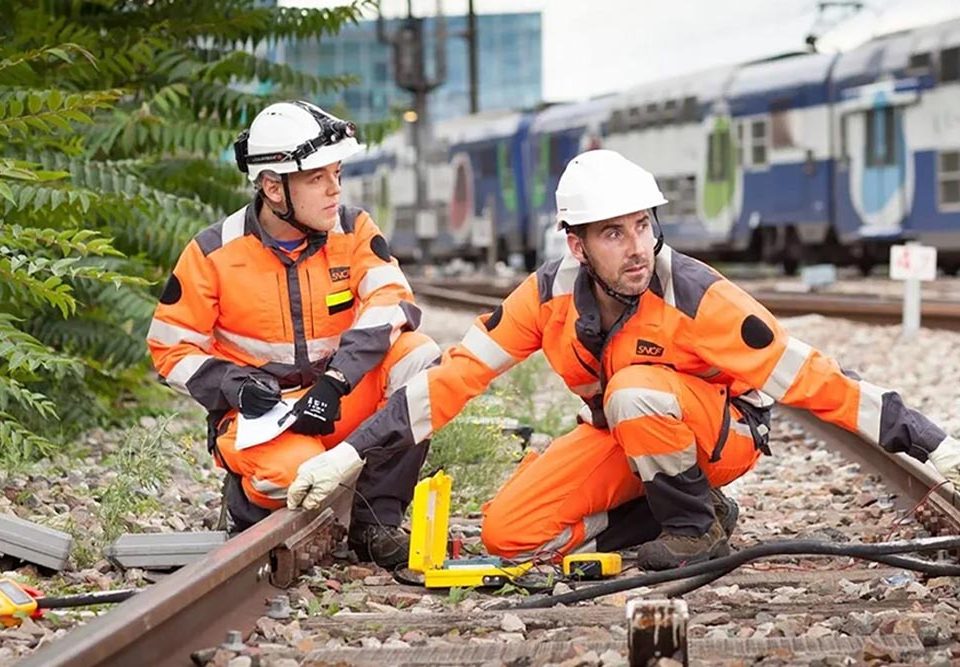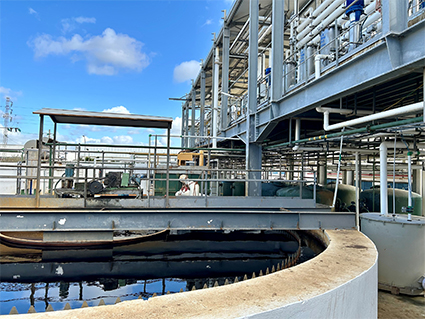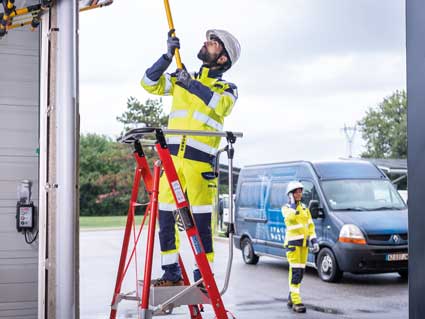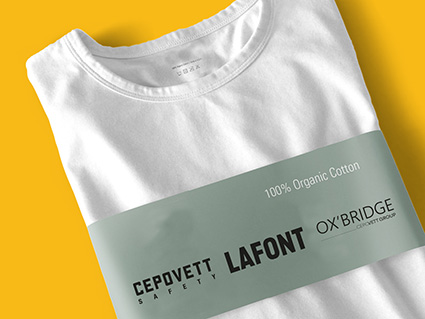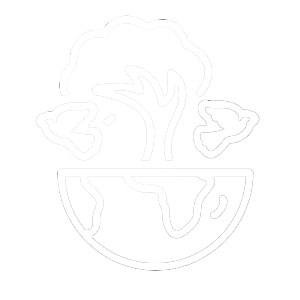Commitment 5 - Environment
Reducing our water footprint

Flax reduces the environmental footprint
To limit their impact, companies are replacing cotton with local materials such as linen, which require little water and are sourced from sustainable sources.
With an average water consumption of around 12,000 litres of irrigation water to produce 1 kg of cotton, the leading textile material is gradually losing out to natural, local raw materials such as flax and hemp, which do not require irrigation systems.
Optimising differently
CEPOVETT is working to reduce its water footprint by limiting its water consumption and recycling waste water in a closed loop.
Preserving water resources is a key concern for the textile industry, which is a major consumer of water, not just for cotton production but also for industrial manufacturing processes. The fight against waste is the driving force behind many innovative technical solutions aimed at reducing water consumption and facilitating the recycling of waste water. By reprocessing water in a closed loop, we can reduce our water footprint and reuse a precious natural resource in a virtuous, non-polluting way.
Find out more about our CSR commitments
OUR CSR POLICY
AT THE SERVICE OF CORPORATE SUSTAINABILITY
Our workwear has been designed and manufactured under ethical and socially responsible conditions. In particular, they contribute to the protection of human rights, the preservation of natural resources and the protection of biodiversity. For us, every gesture counts, and this is proof of our sincere commitment to future generations. #PositiveImpact
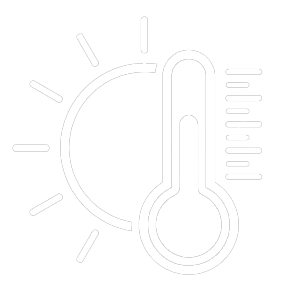
CLIMATE
Mitigating and adapting to climate change
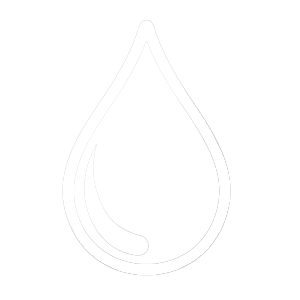
WATER
Protecting water resources and rivers
BIODIVERSITY
Safeguarding biodiversity and ecosystems






